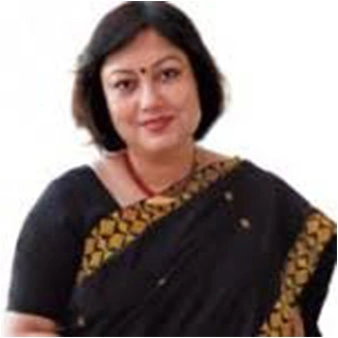Topic
Mitra Phukan on “Translation and the riginal writing in English from India's North-East” in conversation with Barkha Mathur
On 27th Nov 2.00 pm - 2.40 pm
“I do write a lot about music, reviews of theatre. At one point, I was a professional musician. Translation takes a huge amount of time, and I am humbled by all writers who approached me for this. It has not that I stopped writing fiction; I do. Pandemic has put a stop to many things, but we were moving. I do write children stories to get into their minds. Initially, there was a lot of violence in my writing, but as I became a senior citizen, I wrote a lot about ageism. Assamese community is a small reader-writer. So it’s very important to bring those stories in English to a wider audience. English has a wider reach, but Assamese Sahitya Sabha has membership in lakhs. People are enthusiastic, even younger writers who write about contemporary things. People are reading in Assamese, including English. A lot of books are sold in exhibitions. Northeast has huge oral literature, and writing came later. Due to missionaries, the school might have chosen to write in English. Self-editing is important while writing or translating. You have to hold the theme. I’m not too fond of footnotes; rather, I choose to describe if something has to explain. We have to correct the draft if the content doesn’t make sense to non-Assamese personal. But not explaining every time is good. Because theme may get lost in the process.”

